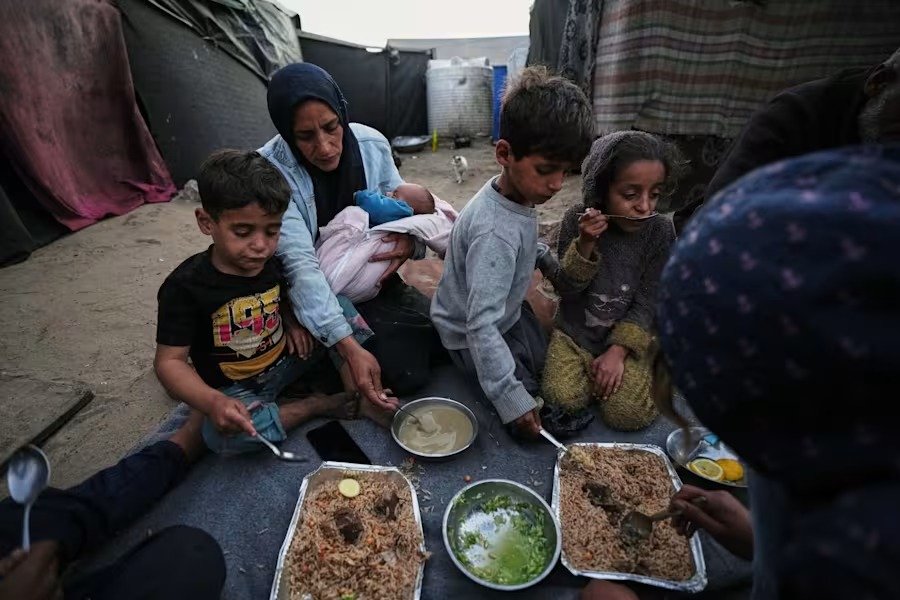Pakistan has condemned India’s missile strikes as an “act of war” after at least eight people, including a child, were killed and many others injured. India claimed to target “terrorist infrastructure” within Pakistan, escalating tensions between the two nuclear-armed neighbors.
Deadly Strikes Intensify Hostilities
The missile strikes took place early on Wednesday. They hit several locations in Pakistan, including Bahawalpur in Punjab, where a child was killed and two others injured. Other targets included areas near Muridke in Punjab and Kotli in Pakistan-controlled Kashmir. Pakistan’s military said it shot down five Indian fighter jets in retaliation. Pakistan’s defense minister, Khawaja Asif, accused India of targeting civilian areas rather than military sites. “At least six civilian areas were hit,” he said. Pakistan promised a swift response.
India Justifies the Attacks
India justified the attacks as retaliation for an assault on Hindu tourists in Indian-administered Kashmir in April. The attack killed 26 people. India blamed Pakistan, but Islamabad denied the accusations. Indian defense ministry representatives said the strikes aimed to destroy terrorist infrastructure in Pakistan and Pakistan-occupied Kashmir. They stressed the targets were chosen to minimize civilian harm and said no military facilities were hit.
Gunfire Exchanges Along the Border
Following the missile strikes, artillery exchanges took place between Indian and Pakistani troops along the heavily militarized Line of Control (LoC) in Kashmir. Residents in Indian-administered Kashmir’s Kupwara district reported loud explosions and shells landing near civilian areas. Both sides confirmed the exchanges of fire. India said three civilians had died in the shelling.
Pakistan’s Retaliation and Threats of Force
Prime Minister Shehbaz Sharif vowed a strong response. “Pakistan has every right to respond forcefully to this act of war imposed by India,” he said. He assured that Pakistan’s military was ready to defend the nation.
Pakistan’s government also stated the missile attacks posed a significant threat to civil aviation. India launched the strikes from its airspace, prompting several international airlines to suspend flights to Pakistan and northern India.
Rising Tensions in Kashmir
The missile strikes come amid rising tensions between the two countries, following the Baisaran Valley attack in Kashmir. Since April 24, India and Pakistan have exchanged gunfire along the LoC. The missile strikes mark a dangerous escalation in the conflict.
In addition, Indian Prime Minister Narendra Modi recently suggested that India might stop the flow of water to Pakistan from shared rivers. Modi’s comments followed India suspending its obligations under the Indus Water Treaty, which has governed water distribution between the countries for 65 years. Pakistan has warned that any tampering with the water supply would be seen as an “act of war.”
International Call for Restraint
The international community has urged India and Pakistan to de-escalate. A United Nations spokesperson expressed concern over India’s missile strikes and called for maximum restraint. UN Secretary-General António Guterres warned that the world could not afford a military confrontation between the two nations.
The growing tensions have raised fears of a larger conflict. Diplomatic efforts are underway to prevent further escalation.







